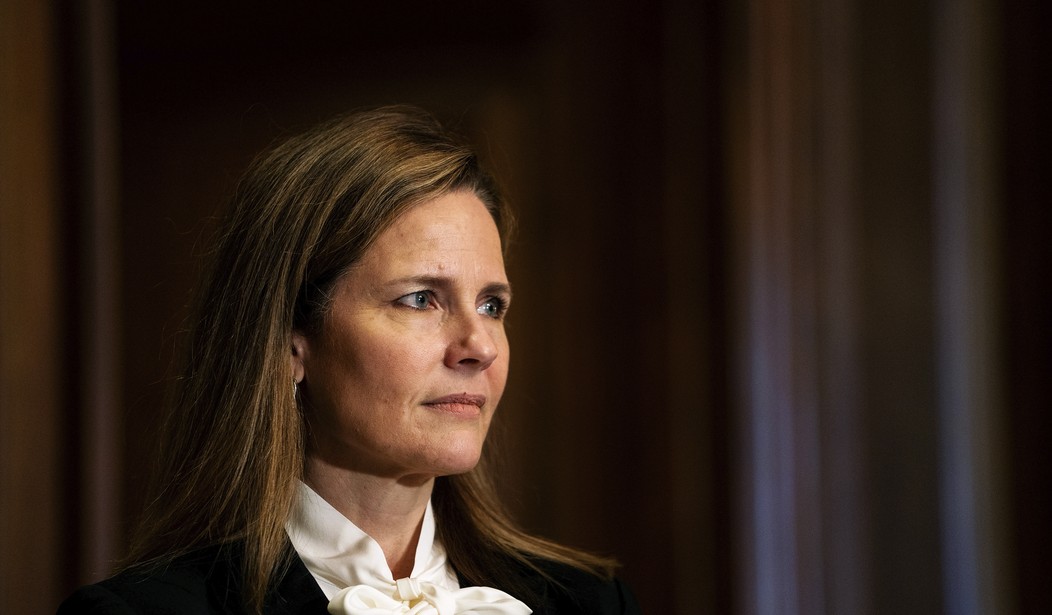Supreme Court Justice Amy Coney Barrett wrote her first opinion for the majority on Thursday in U.S. Fish and Wildlife Service v. Sierra Club, but some argue that the dissenting opinion was a ‘snub’ to ACB.
In the 7-2 decision, Justices Samuel Alito, Barrett, Neil Gorsuch, Brett Kavanaugh, John Roberts, Clarence Thomas, and Elena Kagan ruled that the Sierra Club could not obtain internal government documents.
As Law & Crime pointed out, the decision broke from norms in two regards.
Typically, new justices write their first majority opinion when there’s unanimous consent, which was not the case since Justices Stephen Breyer and Sonia Sotomayer dissented.
Secondly, in his dissenting opinion, instead of writing, “I respectfully dissent,” Breyer wrote, “I dissent,” which according to Law & Crime and others, “is decidedly a sign that the disagreement here is exceptionally sharp.”
Stylized as U.S. Fish and Wildlife Service v. Sierra Club, the case concerns whether internal decision-making documents termed “draft opinions” by the EPA are or are not part of a formal process under the Endangered Species Act (ESA). If they are formal processes, then they must be made available to the public under the Freedom of Information Act (FOIA). If they are not part of a formal process, then it’s a matter of agency discretion as to whether or not such drafts can ever be accessed by the public.
The Obama administration—and then the Donald Trump administration—claimed that the documents were not formal processes because those opinions, the government claimed, were ultimately shelved. The Sierra Club and the American Civil Liberties Union (ACLU) argued the opposite. They claimed the documents were simply labeled drafts in order to keep them secret and noted that the documents were forwarded to multiple staff, separate agencies and that various real world actions were taken based on the analysis contained therein. The high court ruled in favor of the government. (Law & Crime)
Recommended
"Documents are 'predecisional' if they are generated before the agency’s final decision on the matter, and they are 'deliberative' if they were prepared to help the agency formulate its decision," Barrett wrote. "There is considerable overlap between these two prongs because a document cannot be deliberative unless it is predecisional.
"It is not always self-evident whether a document represents an agency’s final decision, but one thing is clear: A document is not final solely because nothing else follows it," she added. "Sometimes a proposal dies on the vine. That happens in deliberations—some ideas are discarded or simply languish. Yet documents discussing such dead-end ideas can hardly be described as reflecting the agency’s chosen course. What matters, then, is not whether a document is last in line, but whether it communicates a policy on which the agency has settled."

























Join the conversation as a VIP Member